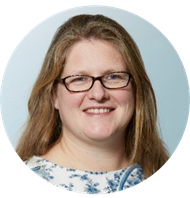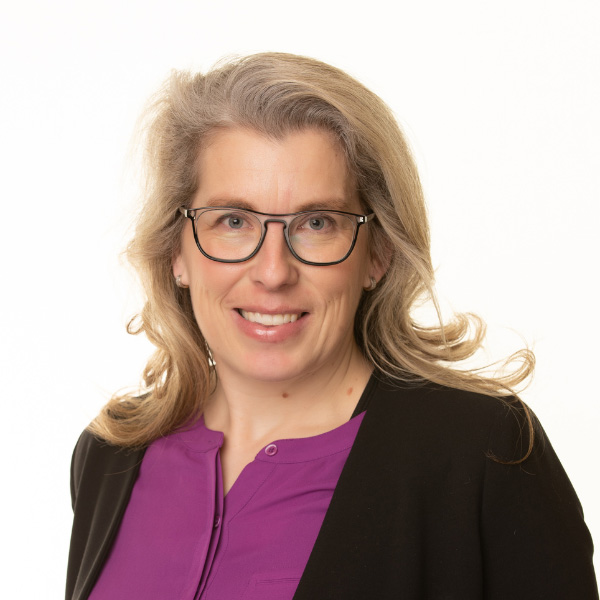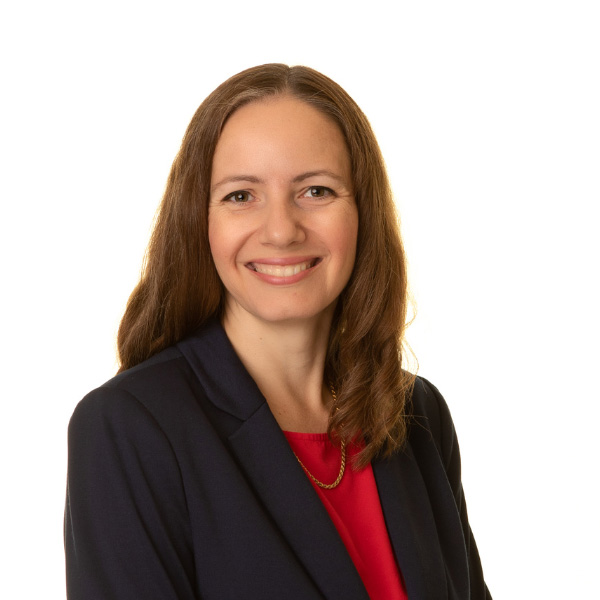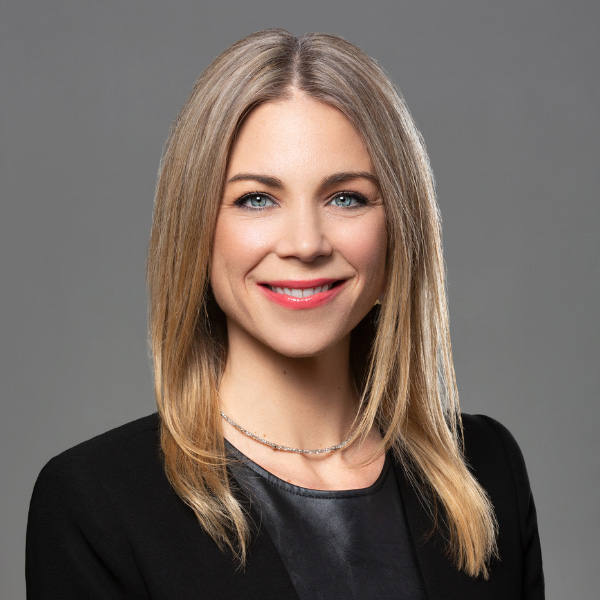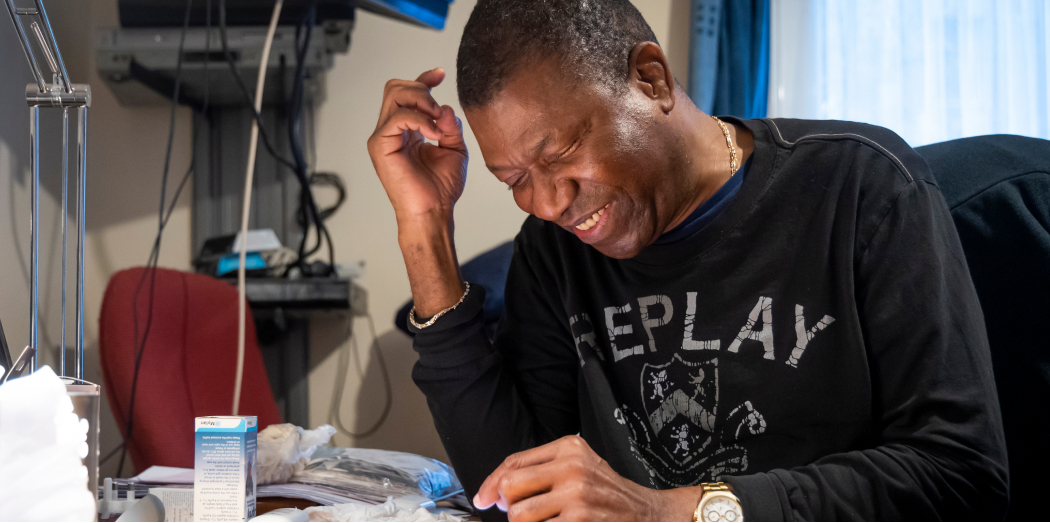Addressing the challenges of caregiving using a ‘co-occupation’ perspective: an integrated research program examining aging and mobility in the community
2018 AGE-WELL/MIRA Postdoctoral Fellowship
This project aims to investigate the challenges experienced by older adult caregivers and their spouses as care recipients using a unique ‘co-occupation’ perspective. This research is particularly important given the propensity for older adults to choose to age in place and Canada’s shift to a health care system that encourages homecare but is not yet capable of addressing all the needs of Canadians being cared for in their homes. In particular, there is often a dependency on the spouse to provide much of the care, even in older adulthood where the caregivers themselves may have compromised health. Researchers have sought to understand homecare challenges by looking at individual components of the care system, such as the care recipient, the caregiver, the environment, and the availability of equipment and assistive devices; However, the team is unaware of research that considers the caregiver and recipient dyad combined with the physical and cognitive workload of care provision using a ‘co-occupation perspective’, where both individuals work in synergy to accomplish the mutual goal of completing the given activity of daily living.u003cbru003eu003cbru003eIn addition to receiving MIRA post-doctoral funding, Tara was the successful candidate for the 2018 AGE-WELL-MIRA post-doctoral fellowship, which allowed her to secure a second year of funding through AGE-WELL ($50,000) by leveraging MIRA support.
Tara Kajaks
School of Rehabilitation Science
Supervisor: Brenda Vrkljan, School of Rehabilitation Science
Mentors: Jennifer Heisz, Department of Kinesiology; Cheryl Quenneville, Department of Mechanical Engineering
